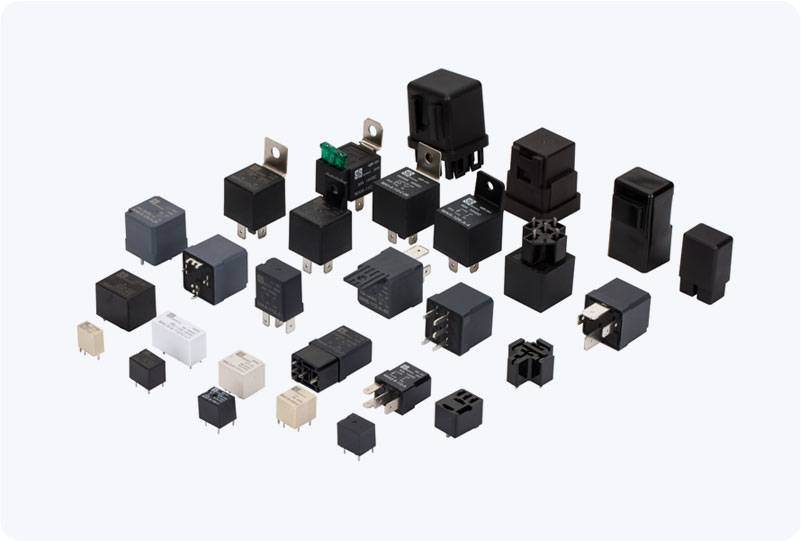understanding motor control power relay: functions, applications, and importance
Release time:2025-10-17 12:16:12
A Motor Control Power Relay is an essential component in electrical and mechanical systems that use motors. It plays a crucial role in controlling the start, stop, and protection of electric motors in various industrial and commercial applications. From small household appliances to large industrial machines, this device ensures that motors operate safely and efficiently. In this article, we will explore the functions, applications, and importance of Motor Control Power Relays, highlighting their significance in modern automation systems.

What is a Motor Control Power Relay?
A Motor Control Power Relay (MCPR) is an electrical device designed to control the power supply to electric motors, typically in AC (alternating current) circuits. It functions by opening or closing the motor circuit depending on external control signals. It can be activated by a manual switch, an automatic control system, or even a programmable logic controller (PLC). The relay is designed to handle high current and voltage to manage the motor's operation.
The relay consists of several key components, including a coil, contacts, and a magnetic core. When current passes through the coil, it creates a magnetic field that activates the contacts, either opening or closing them to control the flow of electricity to the motor. Depending on the type of motor control system, the relay may include additional protection features like overload protection, thermal sensors, and short-circuit protection.

